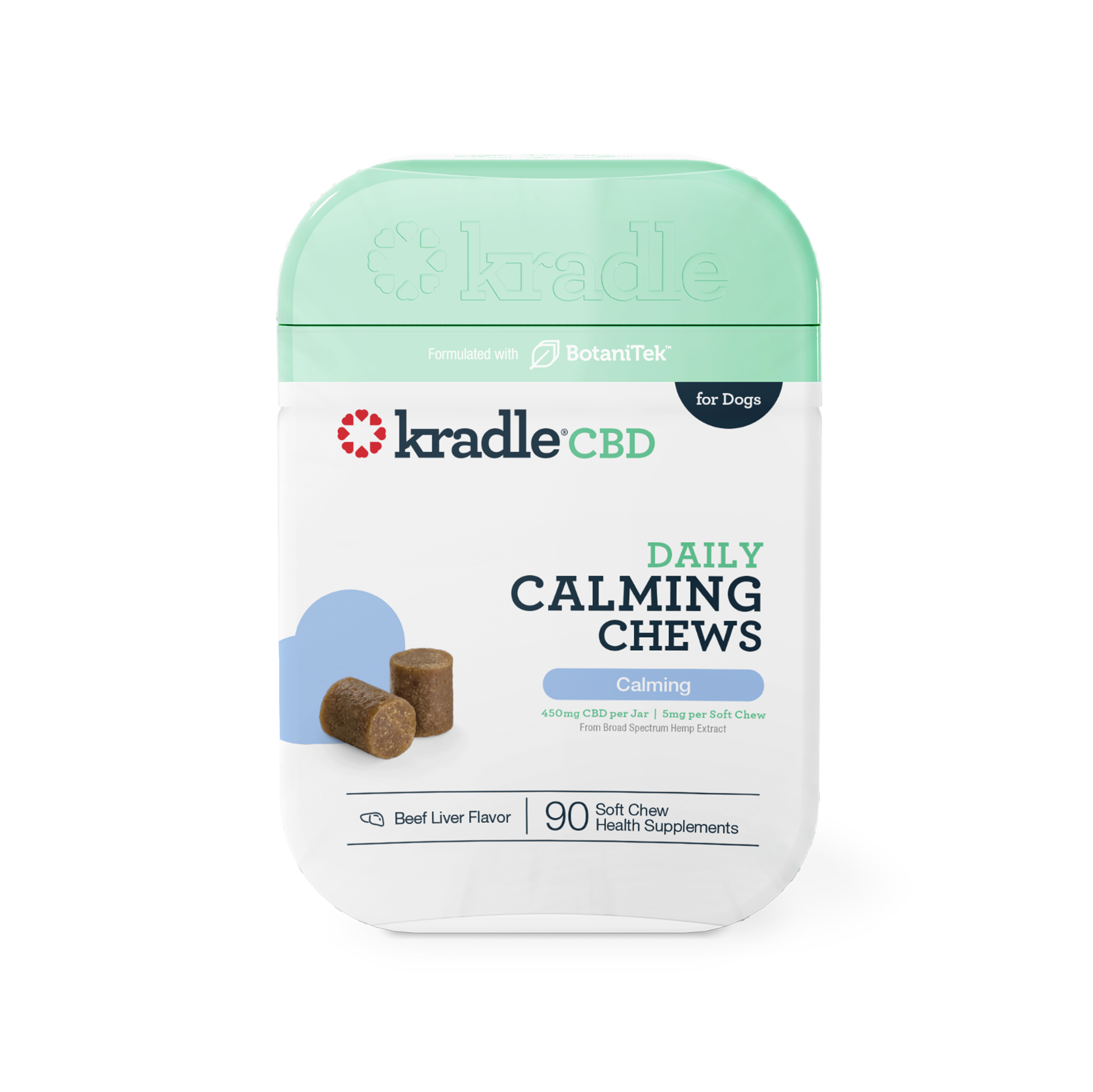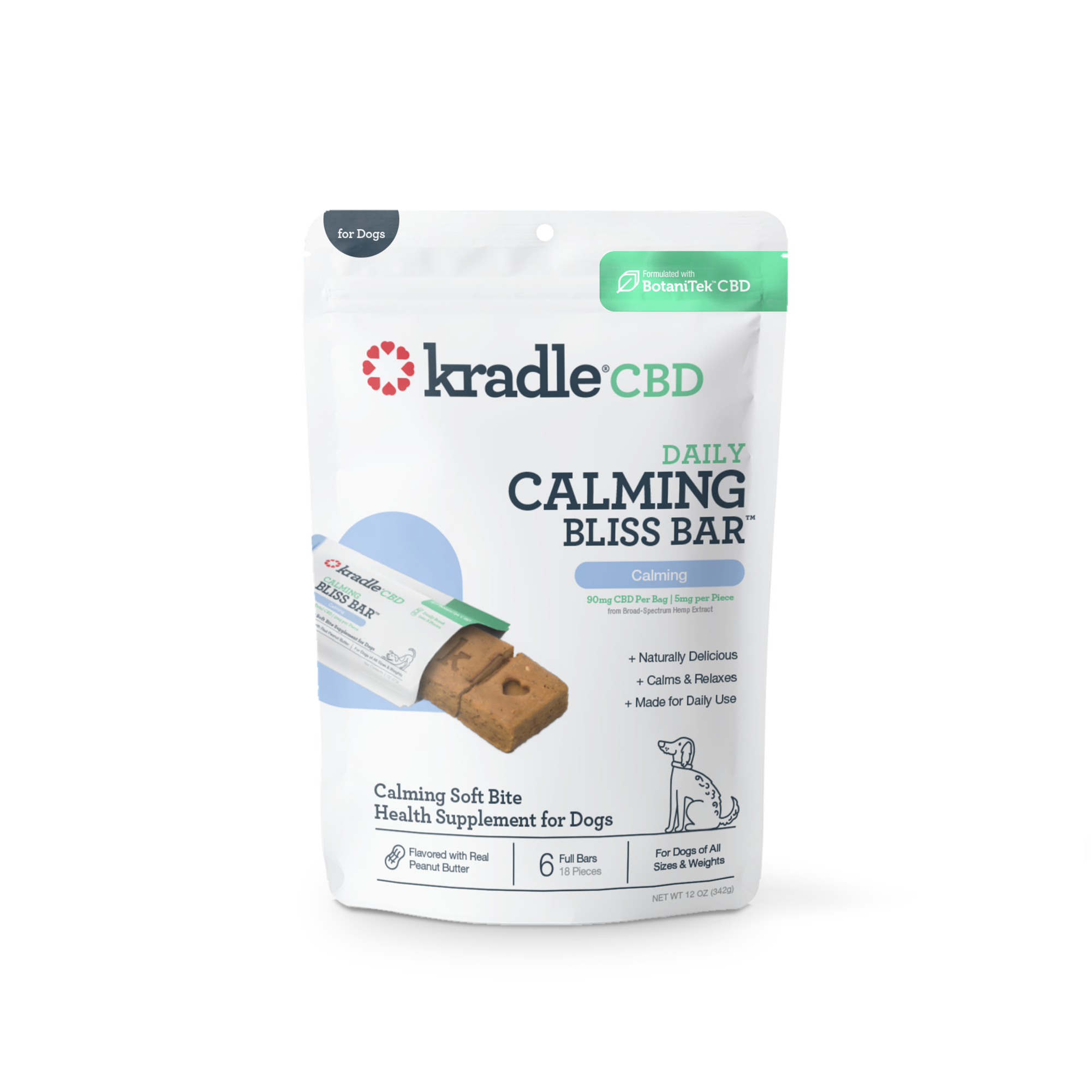Why Are Dogs Good for Your Mental Health?
Why dogs are referred to as (wo)man’s best friend is evident to anyone who has ever loved one in their life: They’re fiercely loyal, friendly, dependable, and will do anything without complaints (well, most of the time).
Dogs provide their owners with much more than companionship alone, though. Many are unaware of the powerful mental health benefits of owning a dog that accompany cuddling up or adventuring with their furry friend.
And don’t just take our word for it. Recent scientific research validates the positive correlation between dog ownership and emotional well-being. Here are some of the most significant ways dogs work their magic and boost your mood, during tough times and everyday life.
Top Benefits of Owning a Dog for Your Mental Health
How does owning a pet help with mental health? Glad you asked! The mental health benefits of owning a dog are almost too many to count, but following are some of the ways that our pups make us feel good.
Help You Meet New People
You’re almost always bound to run into other pups and owners when walking yours or taking a trip to the dog park. These moments are the perfect opportunity to strike up a conversation with someone new — you already know you have at least one thing in common! While you don’t have to talk about your pet and mental health, take the opportunity for both you and your dog to meet new people.
Fostering Social Connections
Maintaining a social network and making new friends can become especially difficult the older you get. More than one-third of Americans older than 65 live alone. Dogs give older adults an easy way to socialize and stay connected. Connections like these, even if they don’t seem like a big deal at the time, are actually important because they counteract social isolation. Those with more social interaction tend to be happier and healthier.
Increased Happiness
We all know the happiness we feel when we come home and are greeted at the door, tail wagging, after a long days work. But it isn’t just a feeling. Spending time with your dog increases oxytocin, the "feel-good" hormone, enhancing feelings of love and bonding. People often ask “Do dogs release dopamine in humans?” And the answer is yes. Oxytocin boost stimulates the brain's reward pathways, leading to the release of dopamine, enhancing feelings of happiness and connection.
Relieve Stress
Studies have shown that even briefly interacting with a dog reduces levels of cortisol, the stress hormone. Just as we provide comfort during storms or other anxious moments, our dogs provide comfort to us when they sense we are stressed or anxious. And, the act of caring for a dog shifts focus away from stressors and a distraction, refocusing us on what matters most: the bond between pet and pet parent.
Encourage You to Get Up and Moving
We all have those days when we don’t want to leave couch. It’s hard to resist your dog’s puppy eyes when they want to go outside though. Taking your dog out for a walk, hike, or run are fun, rewarding ways to fit exercise into your daily routine. A recent study published in Scientific Reports indicates dog owners are about four times more likely than other people to meet today’s physical activity guidelines. The more exercise, the better…for both you and your dog. Physical activity bumps up the production of your brain’s feel-good neurotransmitters, called endorphins.
Reduce Feelings of Loneliness
Your dog is always there for you no matter what. They give you unconditional love without expecting anything in return, besides extra treats every now and then. A 2019 Australian study found that new dog owners reported feeling less lonely within just three months. And, it’s no coincidence that dog adoptions skyrocketed in 2020. During a year of social-distancing and stay-at-home orders, people looked to pets to relieve feelings of loneliness due to being confined to their house or apartment.
Give You a Sense of Purpose
Regardless of how you feel when you wake up in the morning, your dog relies on you to take care of them. The amount of effort required for caring for your dog every day — making sure they’re well-fed, have gotten enough exercise, happy, and healthy — forces you to be responsible and makes you feel needed and wanted. This feeling of self-worth goes hand-in-hand with a higher self-esteem and is one of the greatest mental health benefits of owning a dog.
With everything that our dogs do for us, it’s okay to give them a treat in return for their unconditional love. Treats such as a CBD Dog Bones or CBD Calming Dog Treats, which are not only delicious but also help you pup manage their own normal daily stress and anxiety, are a great way say thank you and focus on both you and your dog’s mental health.
FAQs
-
Are dogs good for your mental health?
-
Yes, dogs are excellent for mental health! They provide numerous emotional, psychological, and social benefits that can significantly enhance well-being.
-
What is the best pet for people with mental health issues?
-
The best pet for someone with mental health issues depends on their specific needs, lifestyle, and preferences. Dogs are often at the top of the list, but many people also see mental health benefits from having a cat, bird, fish, reptile or guinea pig as a pet, among other animals.
-
Do dogs release dopamine in humans?
-
Yes, interacting with dogs can stimulate the release of dopamine in humans. Dopamine is a neurotransmitter associated with feelings of pleasure, motivation, and reward.
-
How do dogs help reduce stress and anxiety?
-
Yes, dogs help reduce stress by providing companionship, encouraging physical activity and contact, providing a routine, and social contact and connection.
-
Can owning a dog improve your social life?
-
Owning a dog can help get you out of the house or apartment to meet new people at the dog park, expand your social circle, reduce social anxiety, and encourage family bonding.
-
What breeds are best for emotional support?
-
The best dog breeds for emotional support depend on the individual's specific needs, lifestyle, and preferences. Some breeds are naturally more affectionate, intuitive, and people-oriented, making them ideal candidates for emotional support roles.
-
So, there is not necessarily a best breed for emotional support, but there are plenty of breeds that would be a match based on your individual needs.








